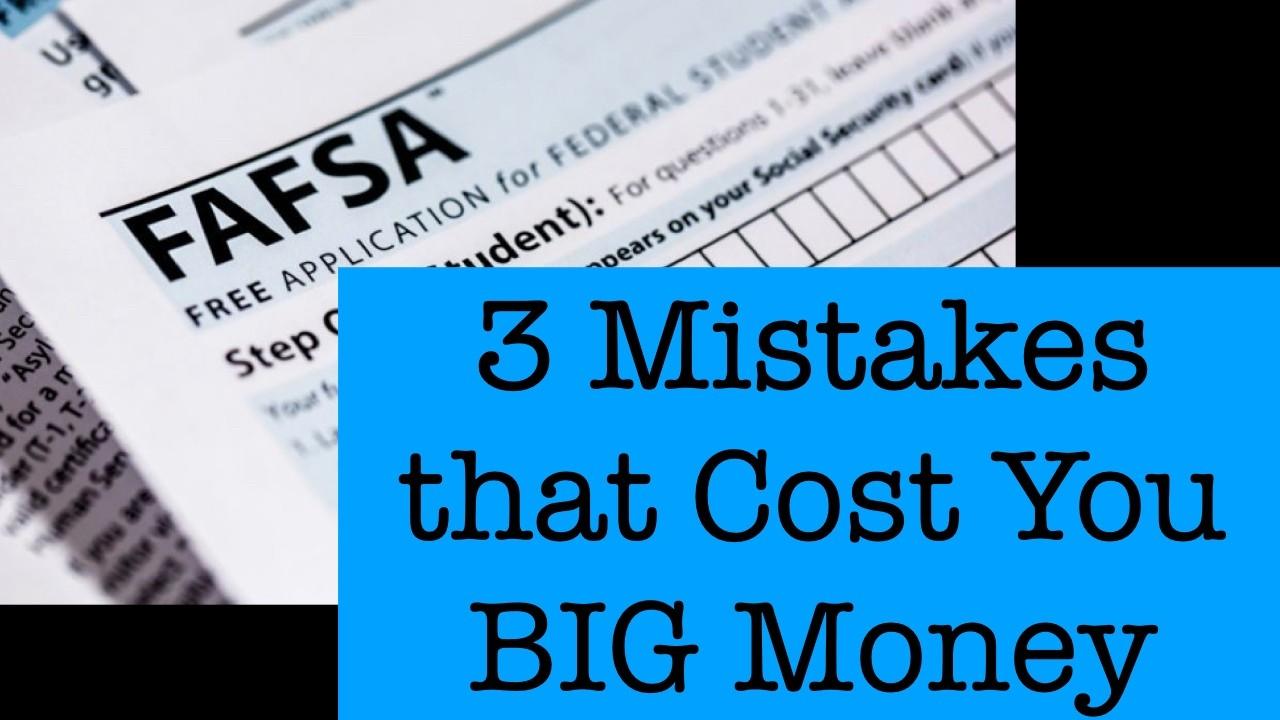College ROI What You Need To Know

This is a good article by Forbes (Linked Here) on the necessity of career services in determining college outcomes. Parents are beginning to question the return on investment with that college degree. With so many students exiting college with degrees that are not marketable, the article assumes that colleges should make their career services department stand out more. Unfortunately, I think they are missing many of the most important aspects of career counseling.
Colleges should do a better job of explaining what the job possibilities are for their chosen major AND what THAT college sees as the average entry-level income for those majors. (Can you get a job with a degree in underwater basket weaving? How much does it pay? If it’s not a living wage, why are they offering that degree program?) That was an important part of questioning for us. My son's program said the entry level income for those attending his school in his major is $65,000. Not only is this good to know (does...
Know your core values before applying for college and scholarships

Forget what you've been told. Anyone can win scholarships.

Scholarships are free money for every age, income, and GPA
Forget what you've been told. Anyone can win scholarships.
You may be thinking, 'No Way!' because that's what we've been told. Even high school counselors have been perpetuating these myths for decades. But the bottom line is that the majority of the 1.7 million scholarship opportunities don't ask for GPA or income level. So yes, your family can be making 6 or 7 figures and your teen can still apply to and win scholarships for college.
This week I posted 2 scholarships to my Facebook group: Parents Talk College and Scholarships, one for a high school senior and one for a current college student. (Yes, there are scholarship opportunities for students from kindergarten through doctoral/professional school. Never stop looking for free money until the last parchment is in hand!)
IF your students are NOT high school seniors or current college students today, keep these in your scholarship spreadsheet for...
Personality traits predict future success

Most people think that success, especially financial success, is reserved for the wealthy or the geniuses among us. (For example, when most parents hear that my kids won 17 scholarships totaling $199,000 they automatically think they must have been really brilliant. Then they are astounded to learn that most of the scholarships didn't ask for GPA or test scores.) The truth is you don't have to be wealthy to increase your wealth, and you don't have to be a genius to be successful. The research in this article shows just the opposite.
I encourage you to read it and see if you can pick out the traits that predict success and compare them with your children. Do you see those personality or character traits in your teen? What can you do to encourage or foster the development of those traits?
Read the article. Make the list. Work on developing those skills with your kids.
You can READ THE ARTICLE HERE
Denise Thomas
Your Debt-Free College Coach
Test Optional Should My Teen Bother with ACT or SAT?
~~~~~ TRANSCRIPT ~~~~~
I recently answered this question for a popular news outlet, 'What’s different in college admissions now, then just last year or many years ago?' On the same day, a client asked, "With all of the colleges going 'test-optional' should my teen bother taking the ACT or SAT?"
There are a lot of weird things going on in the age of COVID and those weird things do have an impact on college admissions.
I want to talk specifically about taking the ACT and SAT exams. These are the high stakes exams that have been in place for decades!
Parents are under the mistaken impression that all colleges and universities have gone ‘test-optional’.
But what IS test-optional and why should you care?
Test optional in college admissions is an option the student has to submit or not submit their ACT and SAT scores for college admissions decisions. What they are saying is that if the student chooses to not submit their test scores, the college will use the rest...
FAFSA-3 BIG Mistakes that Cost You Money & Why Everyone Needs to File

TRANSCRIPT:
The FAFSA-3 Big mistakes that cost you money! & YES! You need to file
Hi, I’m Denise Thomas.
Today is October 1st, it’s FAFSA day!
This is the day the Free Application for Federal Student Aid opens for high school seniors.
First, Don’t panic! You do NOT have to submit the application today! This is just the date that it opens. But I do suggest that you file it sometime this month because the money is given out on a first-come-first-served basis.
Now, most parents are under the mistaken belief that it’s not worth filing the FAFSA because they make too much money to ‘get anything’. Just last week a parent asked in confidence, “My husband makes 200,000 dollars a year, should we bother with the FAFSA?
The short answer is YES. Everyone needs to file the FAFSA.
The application is not only for federal grant eligibility for low-income families. Without filing the FAFSA your teen won’t be offered a work-study job on campus or...
Students Talk About How They Went to College Debt Free

There are many paths to a debt-free college education even without using parents' money. Here are a few keys talked about in this video.:
1-Talk with your kids early, in or before freshman year, about the financial expectation of college.
2-Have a strategy
3-Living at home saves tens of thousands of dollars
4-Working and saving for college from an early age. Working during college.
5-Winning scholarships begets more scholarships. Both college admissions and scholarship committees like 'winners'. Having won even one scholarship is 'proof of concept' not only to you, that you can do it and it's worth your time but committees tend to look with more enthusiasm when you already have a win on your resume.
(Image credit: pexels-buro-millennial-1438072)
Elon Musk Rules for Success-Work Like Hell

The first rule, "Work Like Hell." I'm not going to sugar coat it. I want you to succeed as I did. A debt-free college education can change your life and the lives of your kids. It's worth it. Hands down. You'll never hear someone say, they wish they had college loans instead of going through the effort to gain a debt-free degree. But you will hear, 'It wasn't worth it' when they've graduated with tens or hundreds of thousands in student loan debt.
There are a lot of takeaways and 'gold nuggets' when you have the opportunity to listen to Elon Musk in this video. But his first 'rule for success' in this interview is 'Work Like Hell". I have to agree.
Very little comes from a silver platter in life and when the goal is to achieve a debt-free college education, there is work involved. A lot of work. Someone has to look for scholarships. Someone has to complete the application (your kid.) I've known National Merit Scholar parents expected scholarship offers to show...
Make a Difference

Colleges expect to see some number of community service hours. It really doesn’t matter how many hours exactly. They will also know how many hours of service is required for graduation from your high school. So if your high school requires 50 hours of community service and you have exactly 50 hours, they will know it. Keep that in mind.
What is more important than the number of hours to college admissions is the impact you are making on your community, what you have done, why you are doing it, and what you are getting out of it (how participating in this service activity has affected you.) You should be able to answer these questions. Community service that showcases the best vision of who you are will include commitment, passion, and leadership.
Commitment to one organization or type of service. Most admissions officers would rather see something long term over the course of time rather than a quick one-week volunteering in another country. That’s not to...
Course Rigor vs GPA - What’s Really Important?

Course Rigor vs GPA - What’s Really Important?
There’s a lot of pressure in choosing the right courses for high school. Should your teen take regular classes, honors, or AP? Is it better to have a higher GPA in regular classes or a slightly lower GPA in AP or honors courses? Is GPA more important for college admissions? And what about stress and burn out? Don’t they need time to have after school activities and some ‘downtime?’
Keep in mind, AP, Honors and International Baccalaureate (IB) courses only look good when the grades are A’s and B’s. This is because schools offering theses classes usually bump up the grade points for those classes (meaning your teen gets credit 5 points for an A, 4 for a B, 3 for a C instead of the typical 4,3 and 2 credit points respectively) it inflates your teens GPA. Therefore almost EVERY college recalculates the GPA WITHOUT those extra points. (A few colleges use the extra points when nearly every student is...


